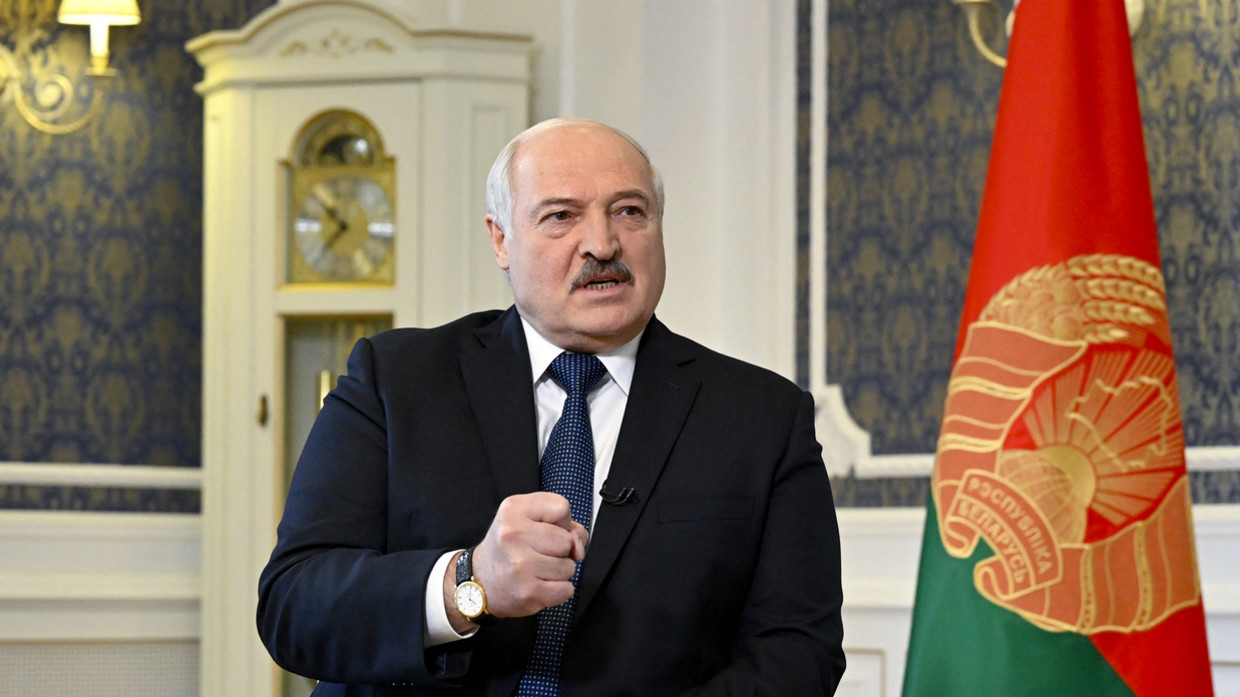Belarus will officially recognize the independence of the Donbass republics of Donetsk and Lugansk if it becomes necessary, but the absence of a formal recognition isn’t stopping Minsk from helping them, President Alexander Lukashenko said on Thursday in an exclusive interview with Agence France-Presse.
The French agency asked Lukashenko why Belarus, which supports Russia’s military operations in Ukraine, has not recognized the Donetsk People’s Republic and Lugansk People’s Republic as independent states – or Crimea as part of Russia, for that matter.
Crimea voted to rejoin Russia in 2014, after the US-backed coup in Kiev. Donetsk and Lugansk declared independence later that year, after the Ukrainian government tried to seize control of them by force. Russia recognized the two republics in February.
“There was no need for it,” Lukashenko responded. “But if Crimea, Lugansk, Donetsk need foodstuffs, bricks, cement, assistance with rebuilding, etc., we will help them. We will recognize them, if needed, if it makes any sense. But what difference will it make today if I recognize them publicly?”
“The fact that we cooperate with Crimea, Lugansk, and Donetsk means that we recognize them de facto,” Lukashenko added. “And all these speculations about my recognition or non-recognition are just idle talk. I will recognize them by a presidential decree, if needed.”
The leader of Belarus pointed out that France has pledged to rebuild the Kiev region of Ukraine, thereby essentially “partitioning” that country. “In other words, you have already divided Ukraine and will rebuild it. And I will help Lugansk and Donetsk. I will help Crimea. We cooperate with them, we do not hide it,” Lukashenko told AFP.
Ukraine can decide to end the conflict tomorrow, but its backers in the West won’t allow it, Lukashenko also told the French agency. When asked about the status of Donetsk, Lugansk, and areas under the control of Russian troops, such as Kherson, the leader of Belarus said their fate was a foregone conclusion.
“Listen, this is no longer under discussion. You could have talked about it in February-March,” said Lukashenko, accusing both the current Ukrainian President Vladimir Zelensky and his predecessor, Pyotr Poroshenko, of pushing Moscow into a confrontation by banning the Russian language and otherwise mistreating the ethnic Russians and Russophone Ukrainians.

